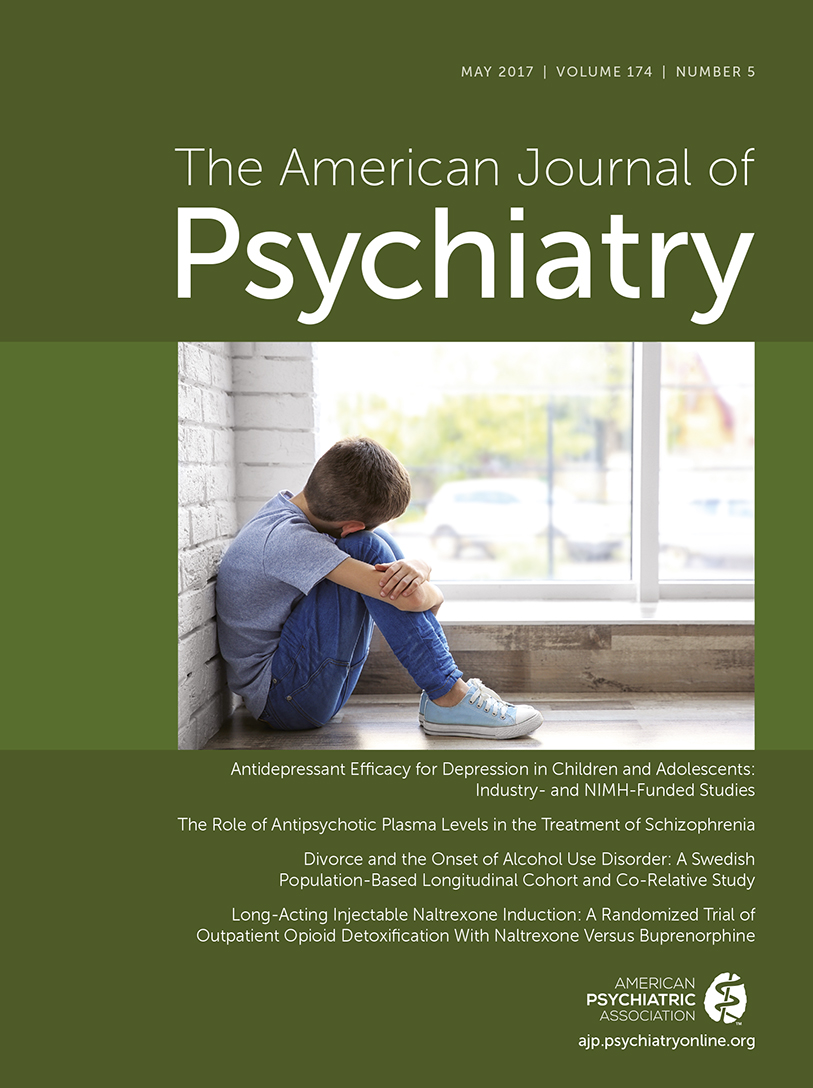KINECT 3: A Phase 3 Randomized, Double-Blind, Placebo-Controlled Trial of Valbenazine for Tardive Dyskinesia
Abstract
Objective:
Tardive dyskinesia is a persistent movement disorder induced by dopamine receptor blockers, including antipsychotics. Valbenazine (NBI-98854) is a novel, highly selective vesicular monoamine transporter 2 inhibitor that demonstrated favorable efficacy and tolerability in the treatment of tardive dyskinesia in phase 2 studies. This phase 3 study further evaluated the efficacy, safety, and tolerability of valbenazine as a treatment for tardive dyskinesia.
Method:
This 6-week, randomized, double-blind, placebo-controlled trial included patients with schizophrenia, schizoaffective disorder, or a mood disorder who had moderate or severe tardive dyskinesia. Participants were randomly assigned in a 1:1:1 ratio to once-daily placebo, valbenazine at 40 mg/day, or valbenazine at 80 mg/day. The primary efficacy endpoint was change from baseline to week 6 in the 80 mg/day group compared with the placebo group on the Abnormal Involuntary Movement Scale (AIMS) dyskinesia score (items 1–7), as assessed by blinded central AIMS video raters. Safety assessments included adverse event monitoring, laboratory tests, ECG, and psychiatric measures.
Results:
The intent-to-treat population included 225 participants, of whom 205 completed the study. Approximately 65% of participants had schizophrenia or schizoaffective disorder, and 85.5% were receiving concomitant antipsychotics. Least squares mean change from baseline to week 6 in AIMS dyskinesia score was −3.2 for the 80 mg/day group, compared with −0.1 for the placebo group, a significant difference. AIMS dyskinesia score was also reduced in the 40 mg/day group (−1.9 compared with −0.1). The incidence of adverse events was consistent with previous studies.
Conclusions:
Once-daily valbenazine significantly improved tardive dyskinesia in participants with underlying schizophrenia, schizoaffective disorder, or mood disorder. Valbenazine was generally well tolerated, and psychiatric status remained stable. Longer trials are necessary to understand the long-term effects of valbenazine in patients with tardive dyskinesia.



